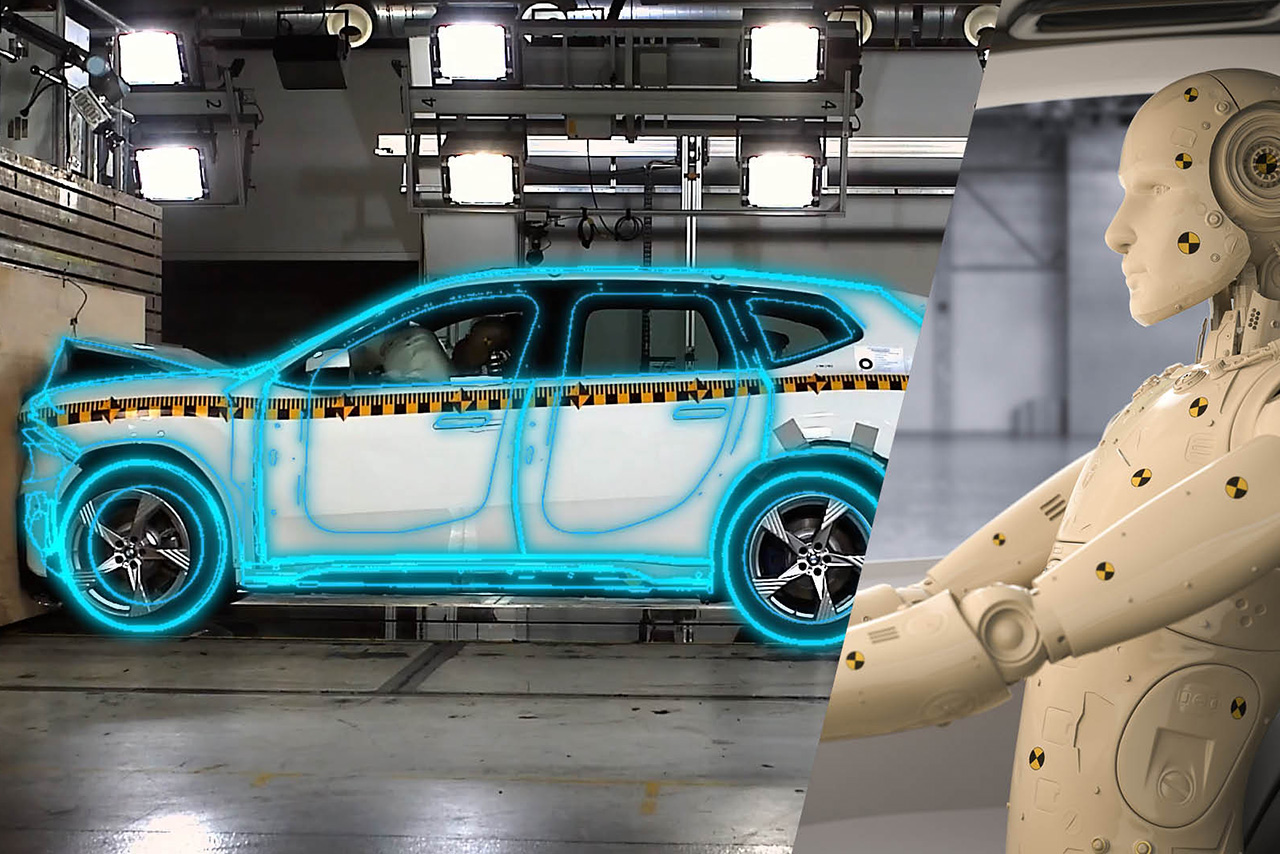The fascination of the BMW Group lies not just in our products and technologies but in our history too, which has been written by inventors, pioneers and engineers.
Today, the BMW Group is the world’s leading manufacturer of premium cars and motorcycles and a provider of premium financial and mobility services. We operate over 30 production sites around the world and a global sales network.



























